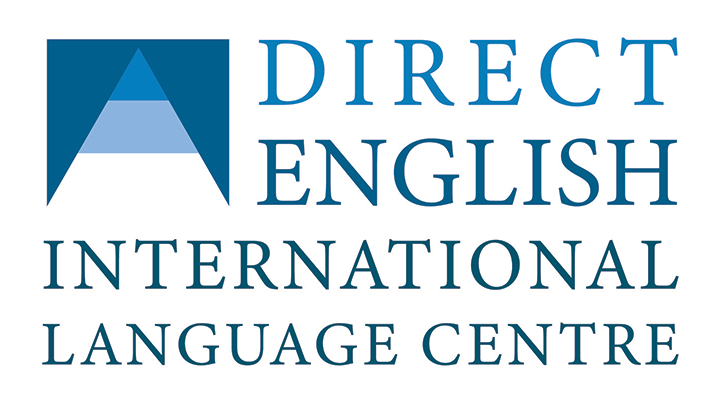Our educational system has come under heavy fire because it doesn’t appear to have been improved upon or even adjusted to changing circumstances. One of the themes that has come up frequently in these debates is the concept of creativity. Can different people have different definitions of creativity? What can we do to help our pupils be more creative? Does the way our educational system operate lessen students’ inventiveness, which is the great, final question?
I believe a lot of people believe creativity has only one meaning. Some of us may also take into account the notion that it is either innate or developable. None of these ideas is correct or incorrect. Imagination, self-expression, and innovation are all aspects of creativity. Utilizing reason and scientific ideas to resolve issues is another definition of creativity (McLennan, 2019). Undoubtedly, some individuals are more creative than others. It’s merely a talent that some people have better than others.
As they teach in history classes, I don’t believe that education is about memorising dates and information. We are urged not to colour inside the lines in class. Also, we are instructed that being “good” entails remaining silent and still (Dalile, 2012). While enthusiastic pupils are typically chastised for being overly exuberant. Perhaps it’s time to alter both what and how we instruct. For instance, schools want to begin including a wider variety of courses into their curricula (McLennan, 2019). We may take classes in poetry or art. We might even start delivering lessons in the conventional manner. Students might act out specific events in history class rather than memorising dates to feel more connected to what they are studying.
While there is no perfect educational system, some are superior to others. The instructional methods employed by schools can stifle innovation. The majority of educational disciplines, such as math, physics, and history (as I have indicated), demand structured correct or wrong responses. While there are art lessons offered in schools, they are typically taught as electives rather than as essential subjects. Perhaps the methods used to teach the aforementioned disciplines can help young children become more creative.
In conclusion, I would claim that our educational system is not purposefully attempting to kill creativity. The whole process of learning encourages critical thinking over creativity. There are, however, ways to foster our students’ creativity while maintaining the positive aspects of our educational system. Think about how we define creativity as a first step. Our schools’ next move is to expand their curricula to offer required, artistic disciplines. It’s important, in my opinion, to keep in mind that despite the fact that our educational system does a poor job of encouraging creativity, many talented and imaginative individuals nonetheless graduate from it. Additionally, not everyone needs to be creative; we still need future leaders who have stronger critical thinking skills.

